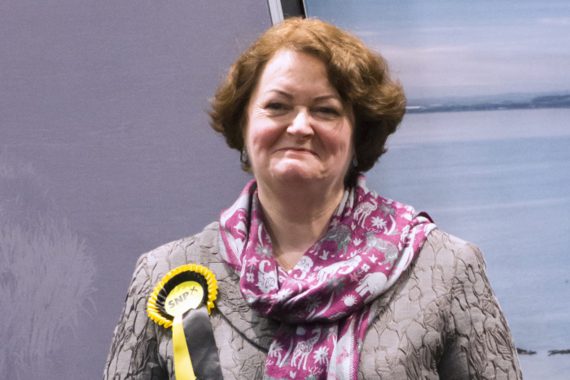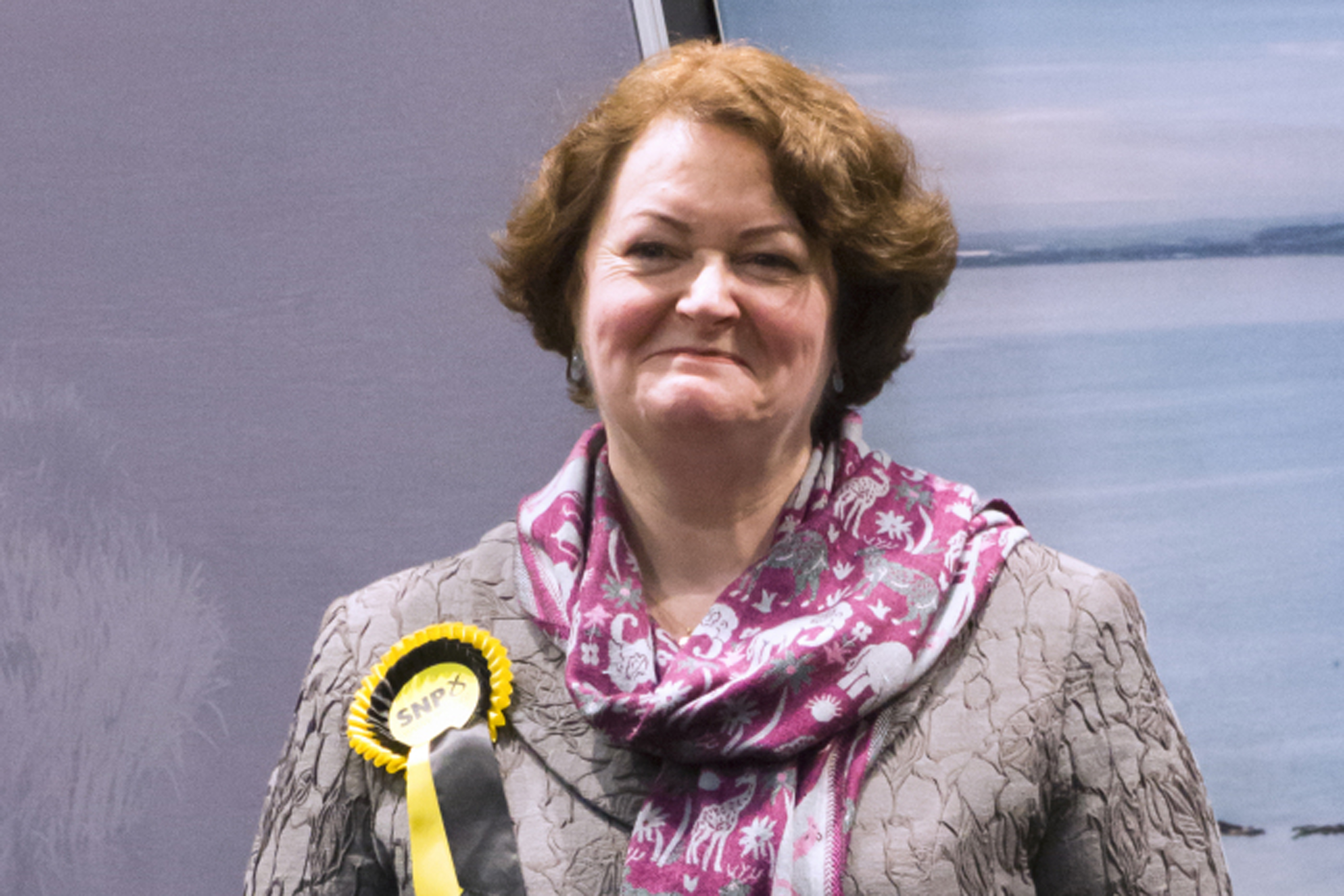‘The SNP will increase proportion of health budget going to general practice’


philippa whitford 3×2
Is it fair to say the SNPs health policy was laid out well before this snap general election?
Yes obviously the NHS is devolved and we went through an election last year so a lot of our policies were already in place or emerging after that. Quite a lot of things Labour have put in their manifesto are things we already had.
So for example we don’t have tuition fees which can attract people into degrees such as medicine. We are in the process of setting up a graduate school for medicine which will very much be oriented towards primary care.
The Scottish system and English system [for healthcare] are becoming widely divergent but there are three main issues which the NHS is grappling with across the UK and they are increasing demand, an older population and workforce shortages. The biggest challenge we have in Scotland is workforce so the idea that Brexit will lead to EU nationals already working here being driven out or people not being allowed to come here to work is something that really gives us cause for concern.
And what about policies around primary care specifically?
The GP contract is currently under negotiation but the Scottish government has committed to reversing the decline in the share of the health budget that general practice has had and bring it up to 11% by the end of parliament. Spending on community health has gone up in the past five years but that is in community hubs rather than the GP practices themselves. We are also working on our own new models of care for example the Deep End Practices Pioneer Scheme. One idea that is being trialled is that people who are registered as being multi-morbid automatically get a longer appointment with a GP and that is beginning to reduce emergency admissions so they are now looking at rolling that out further.
In terms of workforce, we are hitting some problems with a younger generation of GPs not wanting to be partners. Practices are finding it very difficult to get new partners or even permanent salaried staff. I don’t know what has driven that whether it is a generational thing or that whether junior doctors training has not put continuity at the centre and that core of general practice – having your patients that you look after – if junior doctors have not experienced that as part of training and don’t see that side of the job. We have to make sure that students and foundation years have experience of primary care and rural practice.
What is your policy on mental health?
We have just published our mental health strategy and we have a minister for mental health which gives it a lot more prominence. Our strategy recognizes the importance of investing in child and adolescent mental health services. What is very obvious is that in deprived areas is the circle between mental and physical health.
So where do you think Scotland and England really differ in the approach to healthcare?
Our cabinet secretary Shona Robinson is very much looking at the multidisciplinary primary care team around the GP but our broader health vision is looking long term to 2030. While a lot of STPs and CCGs in England are rationing hips and cataracts we are planning the development of big elective centres doing this on an industrial scale. We are not rationing because we see the only way you can deal with an a ageing population is to keep people independent for longer so getting their hip done or their cataracts is an investment. Of course we already have free prescriptions and all these things cost money but in actual fact they are more cost effective in the long term.
We are now working on integrated joint boards between the NHS and local authorities. It is about developing a system that can serve a much wider population. In England STPs are being used as an organ to cut services. If you wanted to save money in England you could save £5-10 billion on the running of the healthcare market. You have 209 CCGs and private companies who are competitors and who are not cooperating with each other. Since the introduction of the Health and Social Care Act, the NHS has been in debt because this is a ridiculously expensive way to run a health care system.
The only way you would do that is so the middle classes say ‘the NHS is a disaster I’ll get some private health care’. It’s driving people towards paying for insurance. There is quite a lot of co-payments creeping in around the edges. It still says NHS on the building but it is being run by Virgin or Circle and they are there to make a profit, it undermines cooperation and it is a ridiculous waste of money. Why not just employ more people at the front line.
Let’s go back to GP recruitment problems. We hear of practices being forced to hand contracts back because solutions are not being found quickly enough.
I can see that in my local area there seems to have been quite a dramatic change in the past five years. My husband is a GP and when they last recruited a patient a few years ago they had a short list and had people to choose from, last year when they were trying to recruit someone they struggled to find any candidates at first. The younger generation are clearly a lot less interested in the partnership model and there has been a lot of changes in the way junior doctors are trained so that is part of it. It is not always about money, it is about attracting people in. We are giving trainees extra funding for working in practices that have struggled to recruit.
What is noticeable is that the Deep End Pioneer Practices are not finding it hard to recruit so young people are keen to work in a practice where it is innovative and manageable and they can have quality time with patients and there is job satisfaction. At the moment GPs are feeling so under pressure that the danger is any trainee that comes out will think ‘I don’t want to do that’. I would like to see health boards recruiting locums because with their buying power they might be able to get a better deal. I don’t think we have the scale of practices handing back contracts to health boards yet and we do have the highest number of GPs per head of the population but general practice is under pressure and certainly in rural areas potential changes from EU staff leaving would be catastrophic.
You have mentioned deprivation – how will that be addressed in funding for general practice
Obviously the contract negotiations are ongoing. You do feel the Cabinet Secretary understands the importance of that but the actual mechanisms I’m not party to. It does require the profession to agree this is what we should do. We do try to respond to the evidence base. It is a huge challenge for politicians
We spend far more per capita in Scotland than in England – I think its about £150 per head of the population and we pay our staff more and that is because we have picked up the pay body review recommendations. There are real differences in how we look after staff.
Pulse July survey
Take our July 2025 survey to potentially win £1.000 worth of tokens












